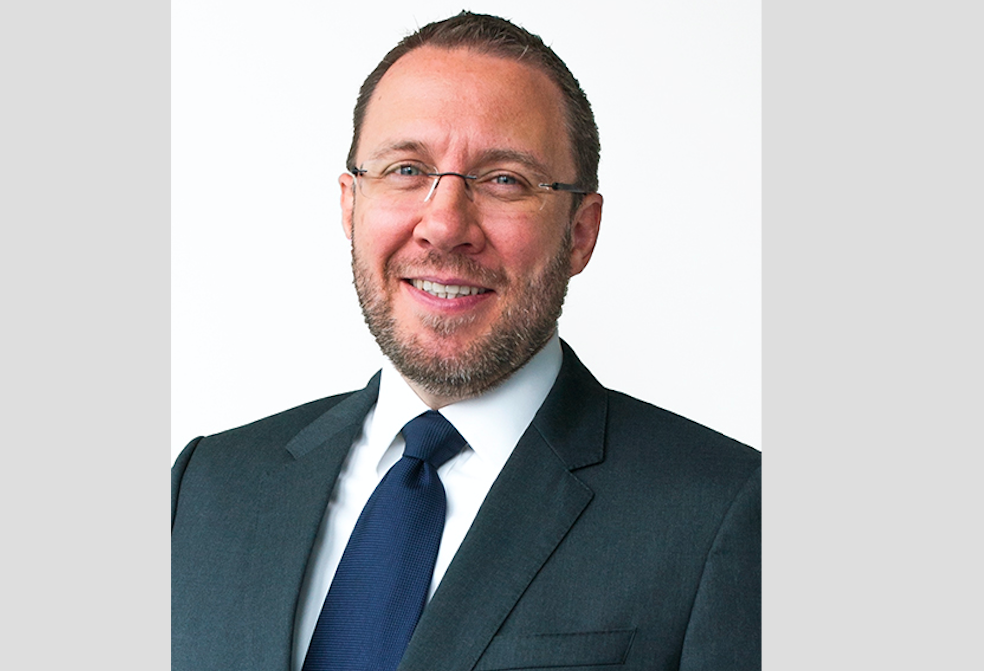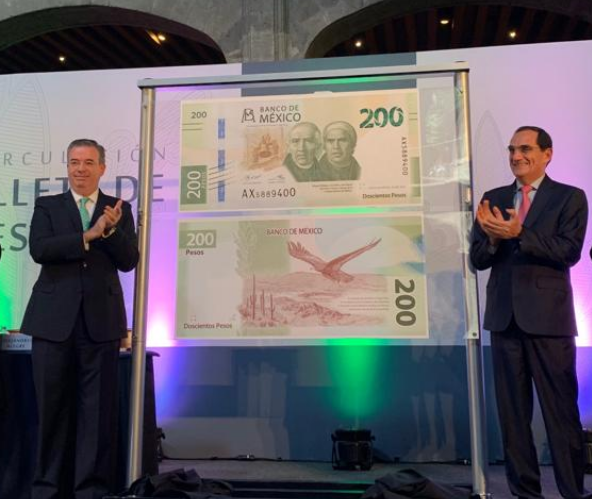Global Financial Assets Fell in 2018 for the First Time Since the Financial Crisis
| By Beatriz Zúñiga | 0 Comentarios

The tenth edition of Allianz‘ “Global Wealth Report”, which puts the asset and debt situation of households in more than 50 countries under the microscope, presents a sad premiere: in 2018, financial assets in industrial and emerging countries declined simultaneously for the first time; even in 2008, at the height of the financial crisis, this was not the case. Worldwide, savers were in a bind: On the one hand, the escalating trade conflict between the US and China, the endless “Brexit saga” and increasing geopolitical tensions, on the other hand, the tightening of monetary conditions and the (announced) normalization of monetary policy.
The stock markets reacted accordingly: Global equity prices fell by around 12% in 2018. This had a direct impact on asset growth. Global gross financial assets of households1 fell by 0.1% and remained more or less flat at EUR 172.5 trillion. “The increasing uncertainty takes its toll”, said Michael Heise, chief economist of Allianz. “The dismantling of the rule-based global economic order is poisonous for wealth accumulation. The numbers for asset growth also make it evident: Trade is no zero-sum game. Either all are on the win- ning side – as in the past – or on the losing side – as happened last year. Aggressive protec- tionism knows no winners.”
Convergence between poorer and richer countries comes to a halt
In 2018, gross financial assets in emerging markets not only declined for the first time, but the decline of -0.4% was also more pronounced than in the industrialized countries (-0.1%). The weak development in China, where assets fell by 3.4%, played a key role in this. However, other important emerging markets such as Mexico and South Africa also had to absorb significant losses in 2018.
This is a remarkable trend reversal. Over the last two decades, the growth gap between poorer and richer regions of the world still stands at an impressive 11.2 percentage points on average. It seems that the trade disputes have set an abrupt stop sign for the catching-up process of the poorer countries. Industrialized countries, however, did not benefit either. Both Japan (-1.2%), Western Europe (-0.2%) and North America (-0.3%) had to cope with nega- tive asset growth.
The price of low yields
At the same time, fresh savings set a new record. They increased by 22% to more than EUR 2,700 billion. The increase in the flow of funds, however, was solely driven by US households, who – thanks to the US tax reform – upped their fresh savings by a whopping 46%; two thirds of all savings in industrialized countries thus originated in the US.
But the analysis of fresh savings in 2018 reveals another peculiarity: Savers seemed to turn their backs on the asset class of insurance and pensions. Its share in total fresh savings has fallen from more than 50% before and immediately after the crisis to a mere 25% in 2018. And while US households increased in return their demand for securities, all other households preferred bank deposits (and sold securities): In Western Europe, for example, two thirds of fresh sav- ings ended up in bank coffers; worldwide, bank deposits remained the most popular destina- tion for fresh savings, for the eighth year in a row. This penchant for liquid and supposedly safe assets costs savers dearly, however: Losses suffered by households as a result of inflation are expected to have risen to almost EUR 600 billion in 2018.
“It is a paradox savings behavior”, said Michaela Grimm, co-author of the report. “Many people save more because they expect a longer and more active life in retirement. At the same time, they shun exactly those products that offer effective old-age protection, namely life insurances and annuities. Seemingly, the low yield environment undermines the willingness for long-term saving. But the world needs nothing more than long-term savers and investors to deal with all the upcoming challenges.”
Growth in liabilities stabilize at high level
Worldwide household liabilities rose by 5.7% in 2018, a tad below the previous year’s level of 6.0%, but also well above the long-term average annual growth rate of 3.6%. The global debt ratio (liabilities as a percentage of GDP), however, remained stable at 65.1%, thanks to still robust economic growth. Most regions saw a similar development in that respect. Asia (excluding Japan) is a different story. In the last three years alone, the debt ratio jumped by al- most ten percentage points, driven mainly by China (+15 percentage points).
“Debt dynamics in Asia and particularly in China are, at least, concerning”, commented Patri- cia Pelayo Romero, co-author of the report. “With a debt ratio of 54%, Chinese households are already relatively as indebted as, say, German or Italian ones. The last time, we had to witness such a rapid increase in private indebtedness was in the USA, Spain and Ireland shortly before the financial crisis. Compared to most industrialized countries, debt levels in China are still markedly lower. Supervisory agencies, however, should no longer stand by and watch. Debt-fueled growth is not sustainable – even China is not immune against a debt crisis.”
Because of the strong growth in liabilities, net financial assets i.e. the difference between gross financial assets and debt fell by 1.9% to EUR 129.8 trillion at the close of 2018. Emerg- ing countries in particular suffered a drastic decline, net financial assets shrank by 5.7% (in- dustrialized countries: -1.1%).
Just a bump in the road?
For the first time in over a decade, the global wealth middle class did not grow: At the end of 2018, roughly 1,040 million people belonged to the global wealth middle class – which is more or less the same number of people as one year before. Against the backdrop of shrink- ing assets in China, this does not come as a big surprise. Because up to now the emergence of the new global middle class was mainly a Chinese affair: Almost half of their members speak Chinese as well as 25% of the wealth upper class. “There are still plenty of opportuni- ties for global prosperity”, said Arne Holzhausen, co-author of the report. “If other heavily populated countries such as Brazil, Russia, Indonesia and in particular India would have had a level and distribution of wealth comparable to China, the global wealth middle class would be boosted by around 350 million people and the global wealth upper class by around 200 million people. And the global distribution of wealth would be a little more equal: at the end of 2018, the richest 10% of the population worldwide owned roughly 82% of total net financial assets. Questioning globalization and free trade now deprives millions of people around the world of their opportunities for advancement.”
When analyzing the movements between the wealth classes, the scars of the financial and euro crisis become visible again. Whereas emerging countries – particularly in Asia – can look back on two decades of mostly social rise, the picture for Western Europeans and Americans is bleaker. In fact, it’s only in these two regions that the ranks of the low wealth class have increased since 2000 – by 4% of the population in Western Europe – and those of the high wealth class have decreased – by 6% and 9% of the population in Western Europe and North America, respectively –, when adjusted for population growth. In Germany, on the other hand, the situation remained relatively stable.











